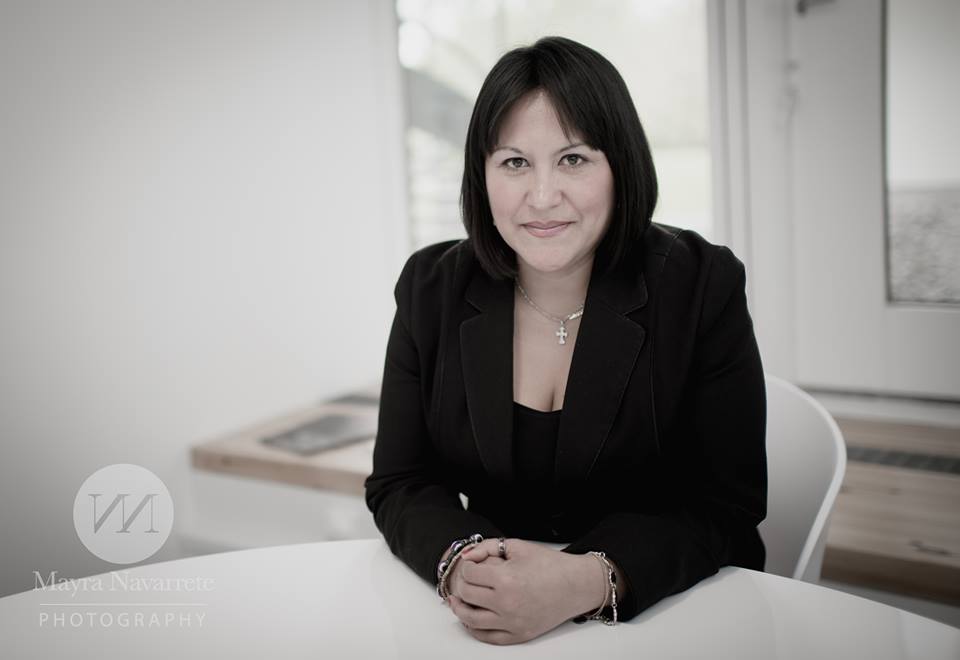When I asked Lorena Lundgreen what the hardest thing about moving to Denmark from Venezuela was, she said: “adapting to the cold”.
This is not to say that the founder of Franmar Consulting, and now of a new integration project for Latin American immigrants, believes Denmark to be unambiguously easy for immigrants seeking a new home in the country.
Lundgreen is careful to emphasise the specific difficulties that remain in bracing the trip across the Atlantic for Latin Americans.
Too skewed towards English-speakers
“The Danish integration system is too skewed towards those who can both speak English and who are already culturally integrated alongside European norms and practices,” she said.
“The integration project is a way of helping Latin Americans through the more difficult necessary stages of moving here, whether that be in finding a job or even in adjusting to the food and etiquette here.”
Pushing Parliament to act
Lundgreen practises what she preaches: over the past few years she has led a lobbying campaign in Parliament to push for immigration procedures to be more conducive to those from outside the EU, as well as organising conferences and regular talks to give the issue greater exposure.
Since Lundgreen and her daughter arrived back in 2005, she believes, the situation for Latin American immigrants has actually become harder – especially when it comes to finding employment.
Offering assistance with writing CVs, applying for funding schemes and even language programs, the integration project raises some important questions about a monolithic government approach towards the integration of immigrants.
“Most of the information you’re given on arrival will be in English, and if you can’t speak it you’re already off to a difficult start,” said Lundgreen.
Better elsewhere
Denmark tends to get a pretty good rating when it comes to how hospitable it is to immigrants, but Lundgreen argues it pales in comparison to the likes of Canada and New Zealand.
“In Canada, immigrants arrive and are required to have a base cultural knowledge of the country and often proof of strong employment prospects,” she said.
These employment-led immigrant systems are also replicated in countries such as New Zealand, and Lundgreen implies she would like to see more of this here too.
For now, however, Lungreen and her team are happy to fill in and lend support to the Latin American community in Denmark – small though that might be.
Find out more here.















